You’ve probably never seen a movie with Neil DeGrasse Tyson. That’s too bad, because now you have reason to wish you had. That, at least, is how I felt when I read the stream of Tweets Tyson sent out after he watched Interstellar, the sci-fi blockbuster that traffics in a lot of the same cosmological physics he tackles in his career as director of New York’s Hayden Planetarium and host of the 21st-century update of Carl Sagan’s Cosmos. The experience was a little like binge-watching the Syfy Channel with your smartest nerd friend. There were these, for example:
Then there was this, because your smartest nerd friend is no fool.
And then there was this, because that same nerd friend knows it’s high time science was made cool, fashionable and entirely gender-nonspecific.
Tyson stresses that he is an educator first, and a celebrity, public figure and commentator second, third and fourth. For that reason, he does not pretend to be a film critic.
“If you tell people you liked or didn’t like a movie, a fight immediately breaks out,” he told TIME in a phone conversation today. “I’m not a fighter. If a movie makes no pretense of being scientifically accurate, I like to point out the things they got right—like when Star Wars showed a planet with a double sunset. If a movie does make pretenses of accuracy, I feel it’s my responsibility to point out what they got wrong.”
Tyson didn’t find a lot to quarrel with in Interstellar scientifically—which has been the consensus among critics, whether they gave the movie a rave or a pan. But he was more struck by what the movie offers not just cosmologically, but culturally—beginning with those lead characters.
“You don’t have to look too far back in history for the Godzilla-type film in which the scientist is the one responsible for the problem, and he usually dies with his creation,” he says. “In this movie, the characters are all scientists, they all have fully fleshed-out personalities—as parents and children and spouses. It’s an important part of the story and it bodes well for this kind of movie in the future.”
The appeal of Interstellar also speaks to our primal—and improbable—fascination with cosmology. As I wrote in last week’s TIME cover story, the number of people on the planet who actually understand the physics that govern the universe is tiny; what’s more, that science has no direct impact on our lives day-to-day. And yet we can’t get enough of it. Compare that to equally complex fields like biology and medicine. Our health and very lives turn on those areas of study, but if you try to start a technical conversation about them, people go blank.
“I don’t think the fascination with cosmology necessarily begins with the science itself,” Tyson says. “I think it’s a primal fascination with exploration. Not every person has that urge—and that’s good. If we all did, humanity wouldn’t survive because a lot of explorers die. But I’m proud to be a member of a species in which there are enough explorers to lay out the terrain so that the people who follow don’t risk as much.”
Go Behind the Scenes of Interstellar
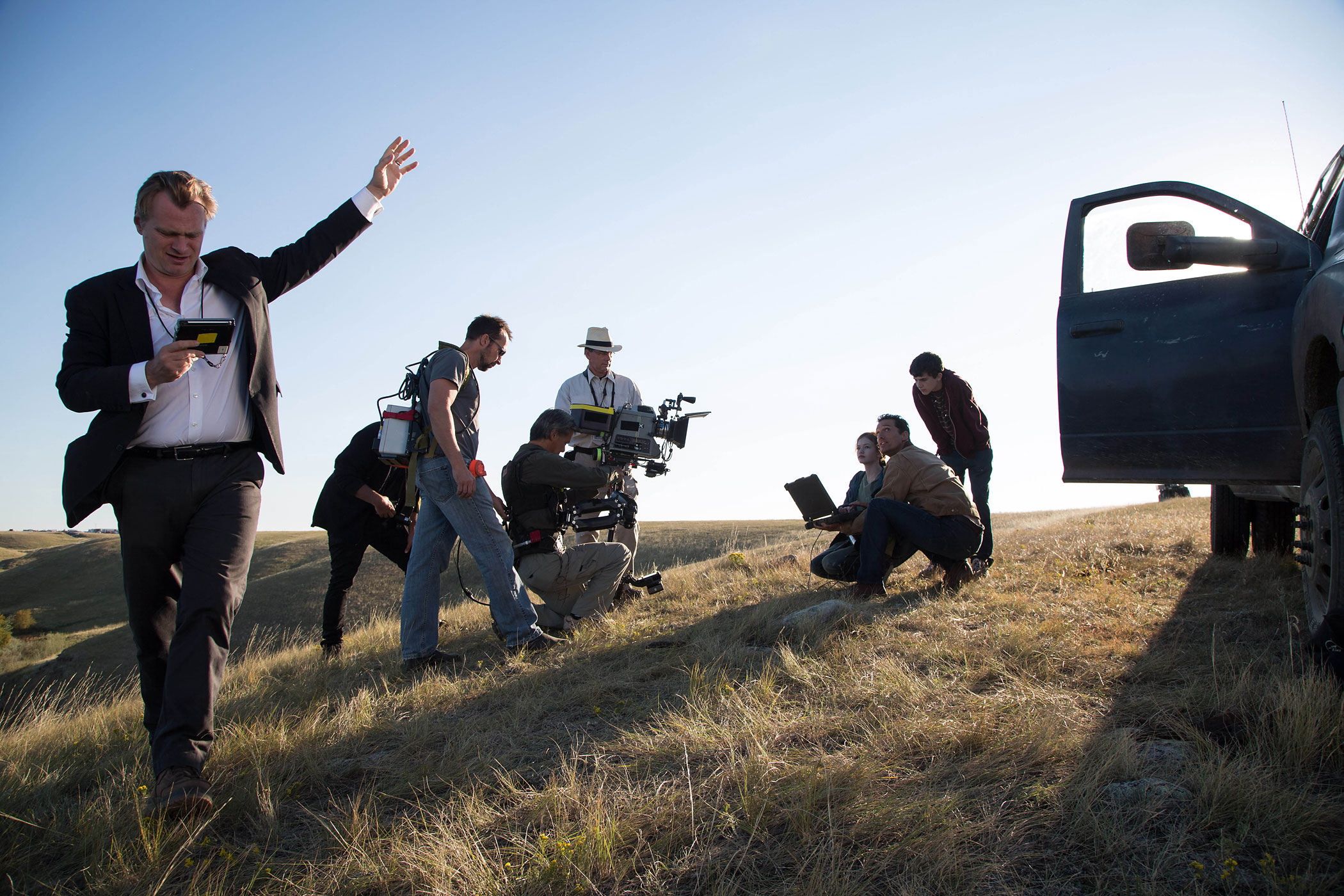
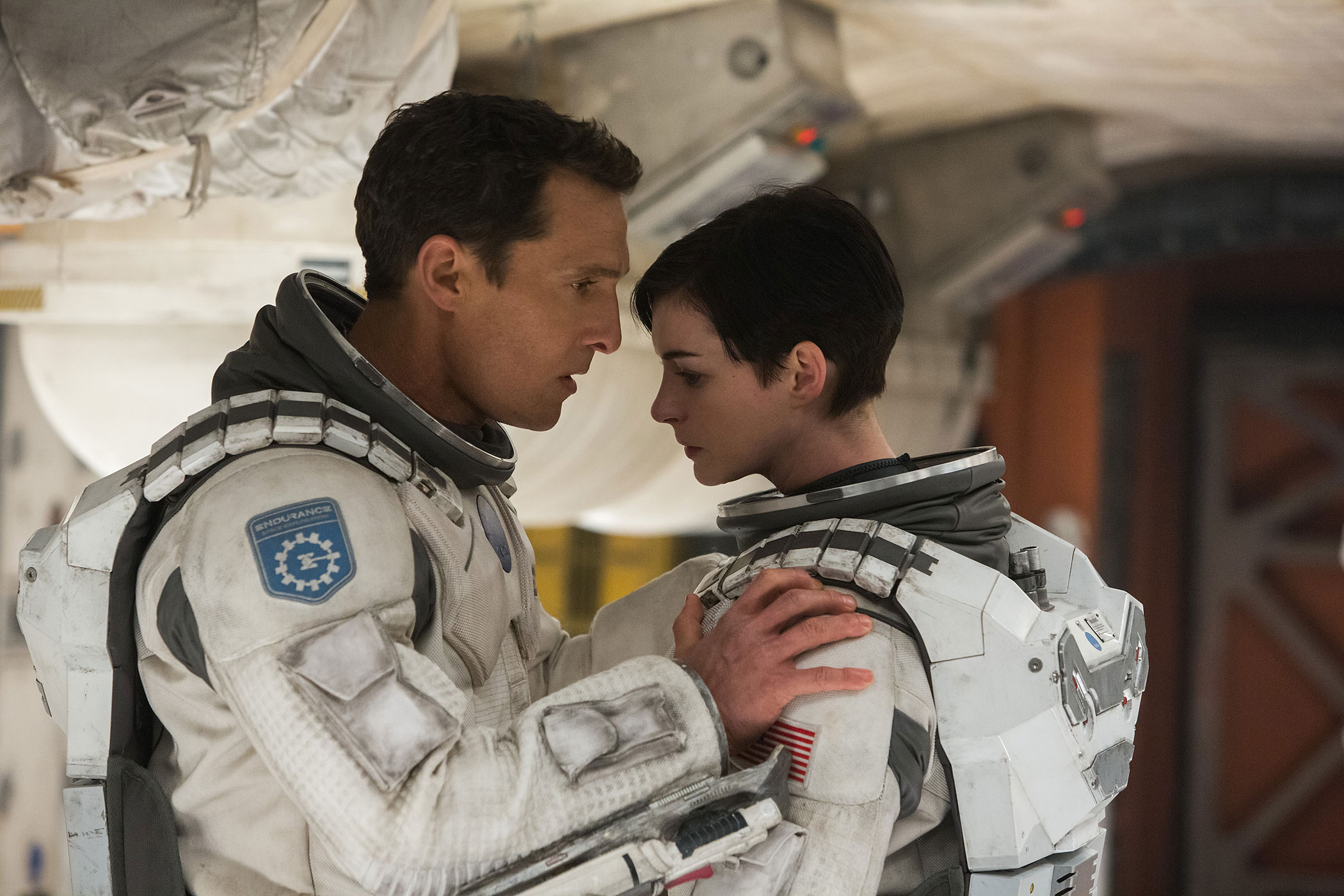
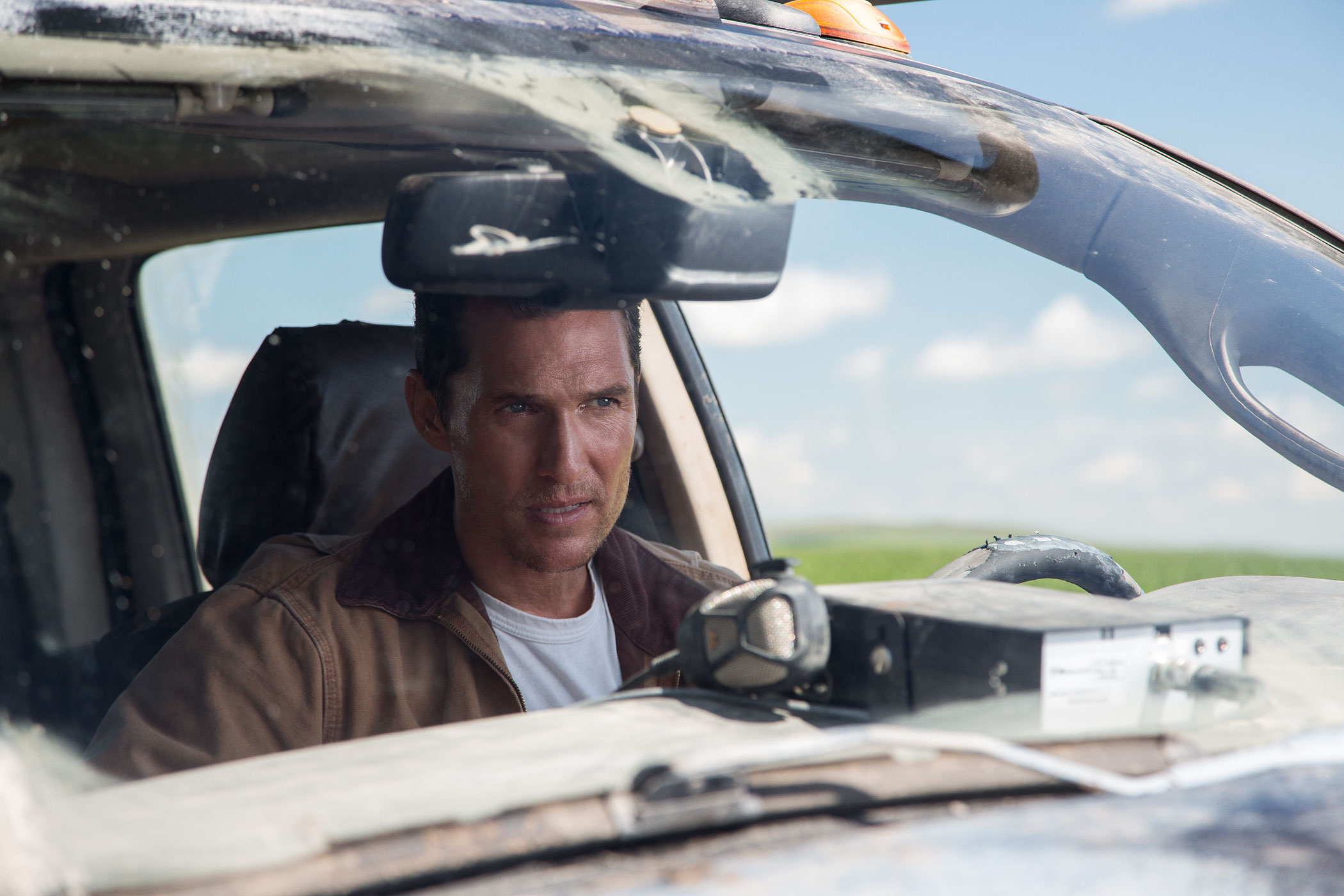
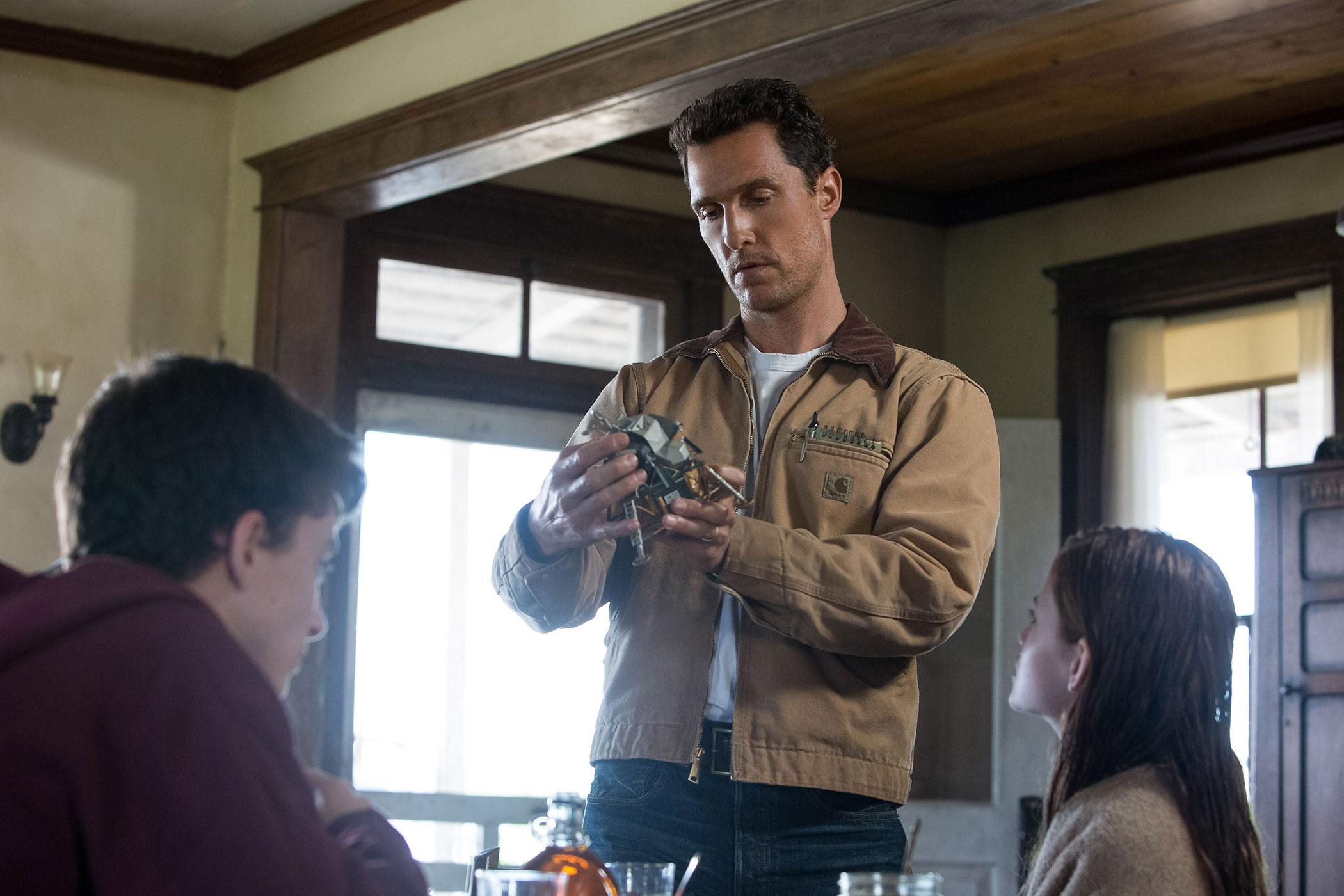

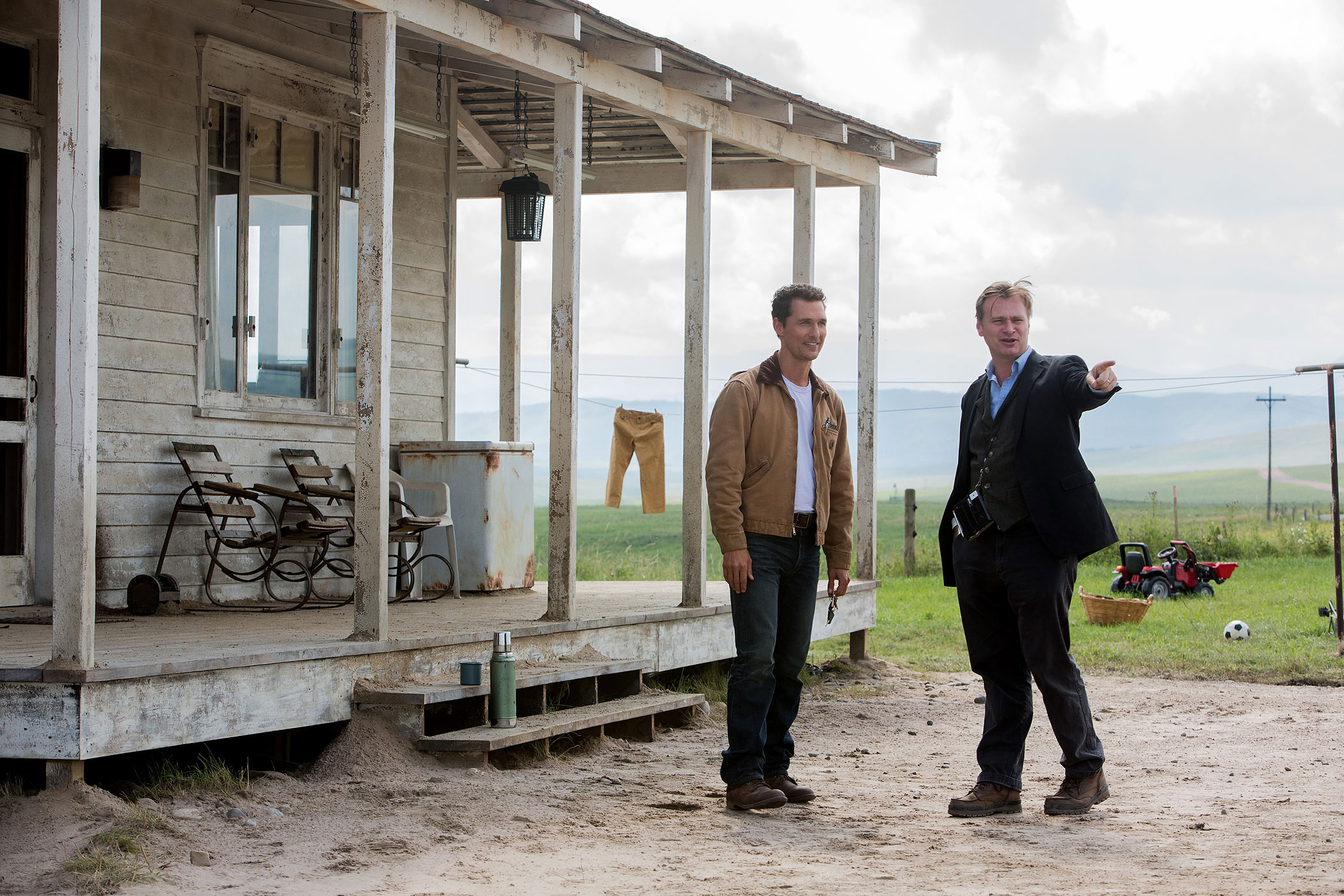
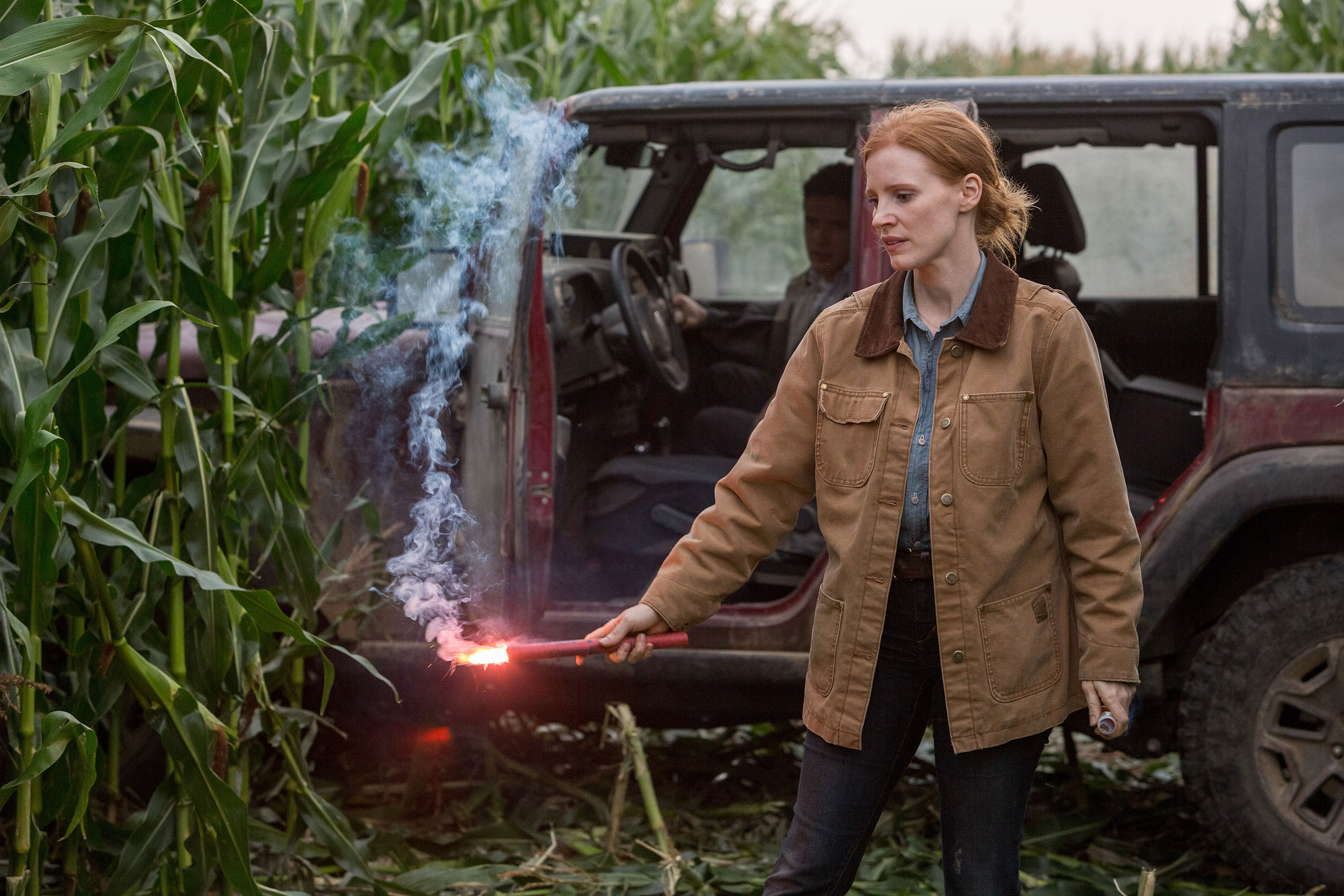
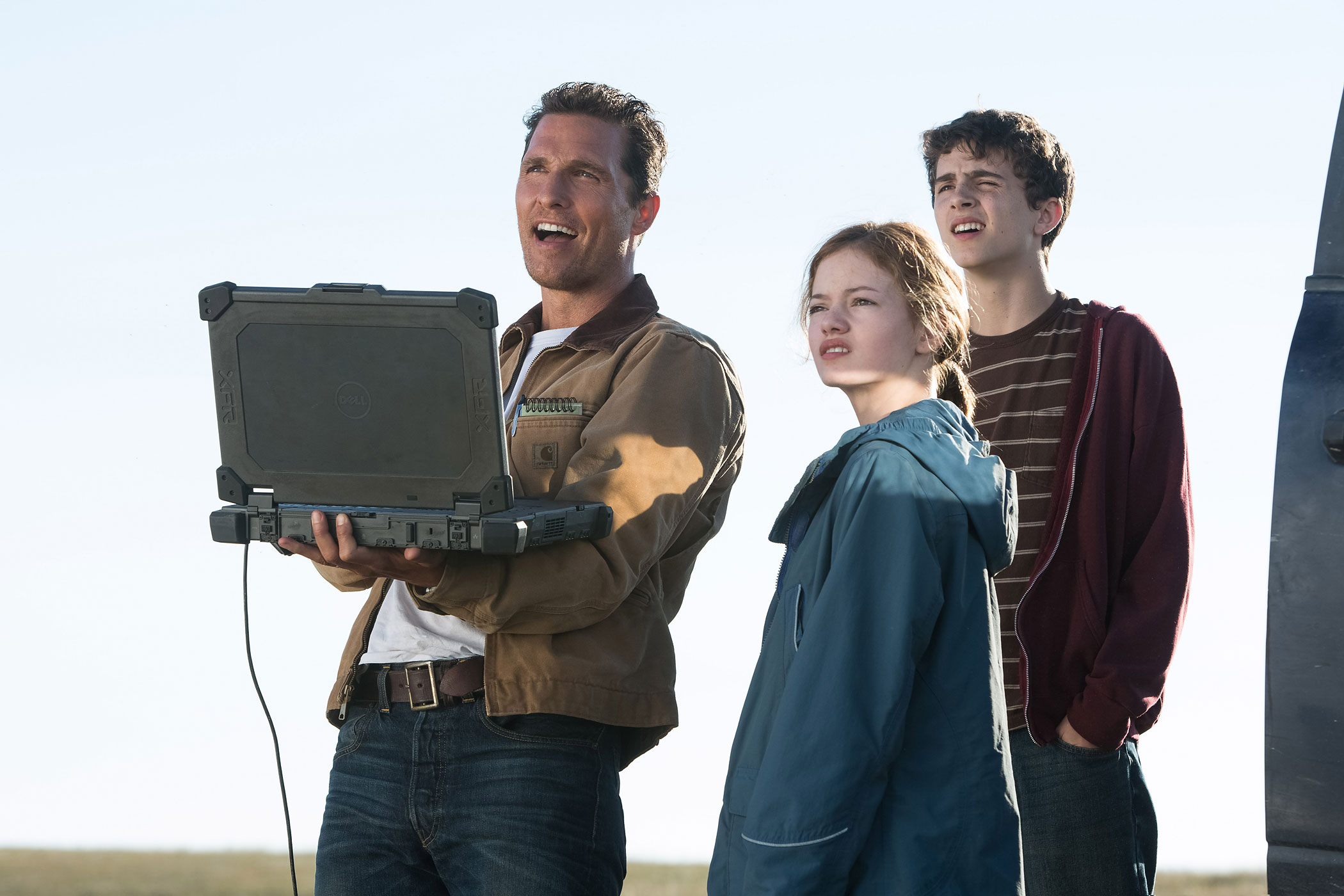
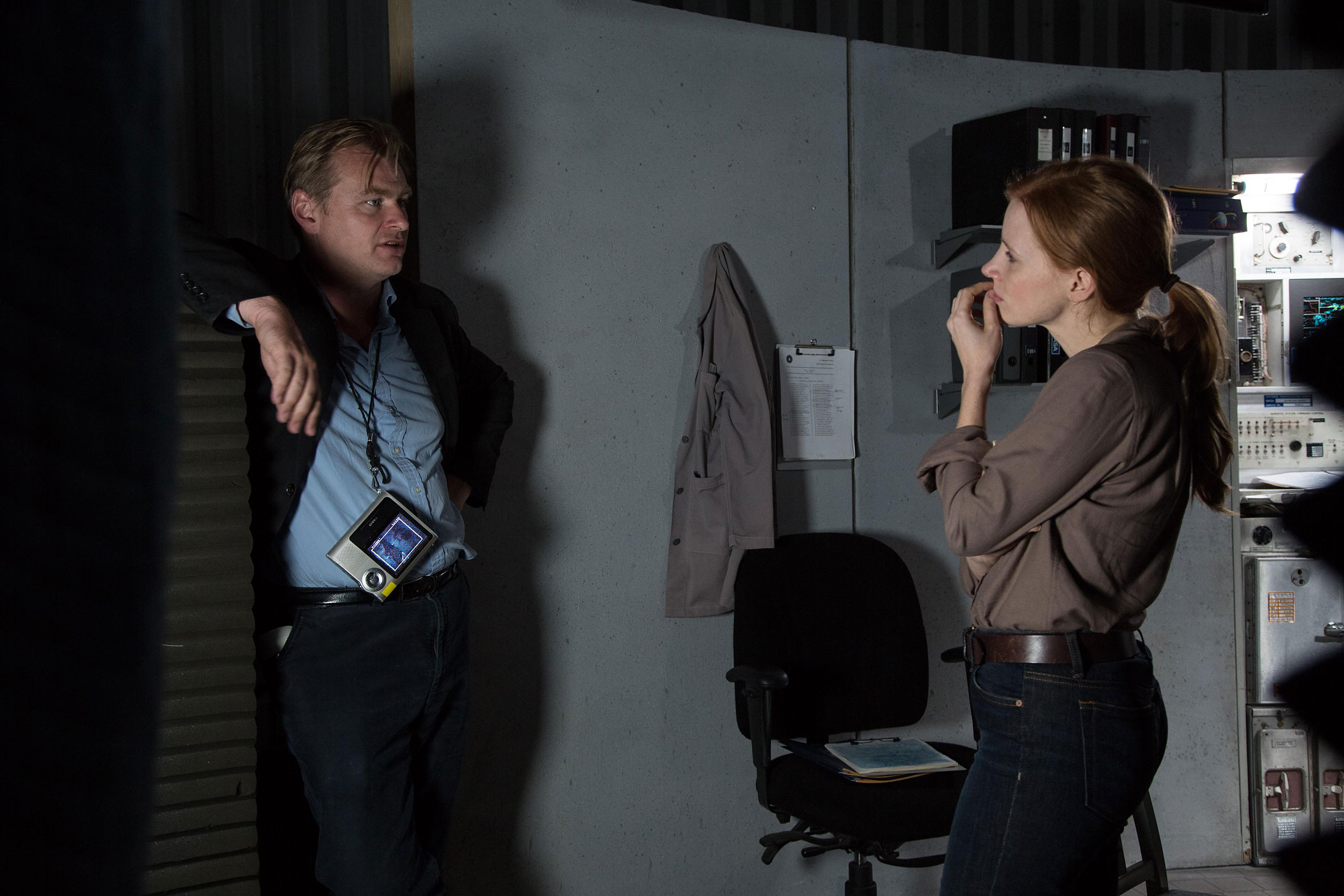
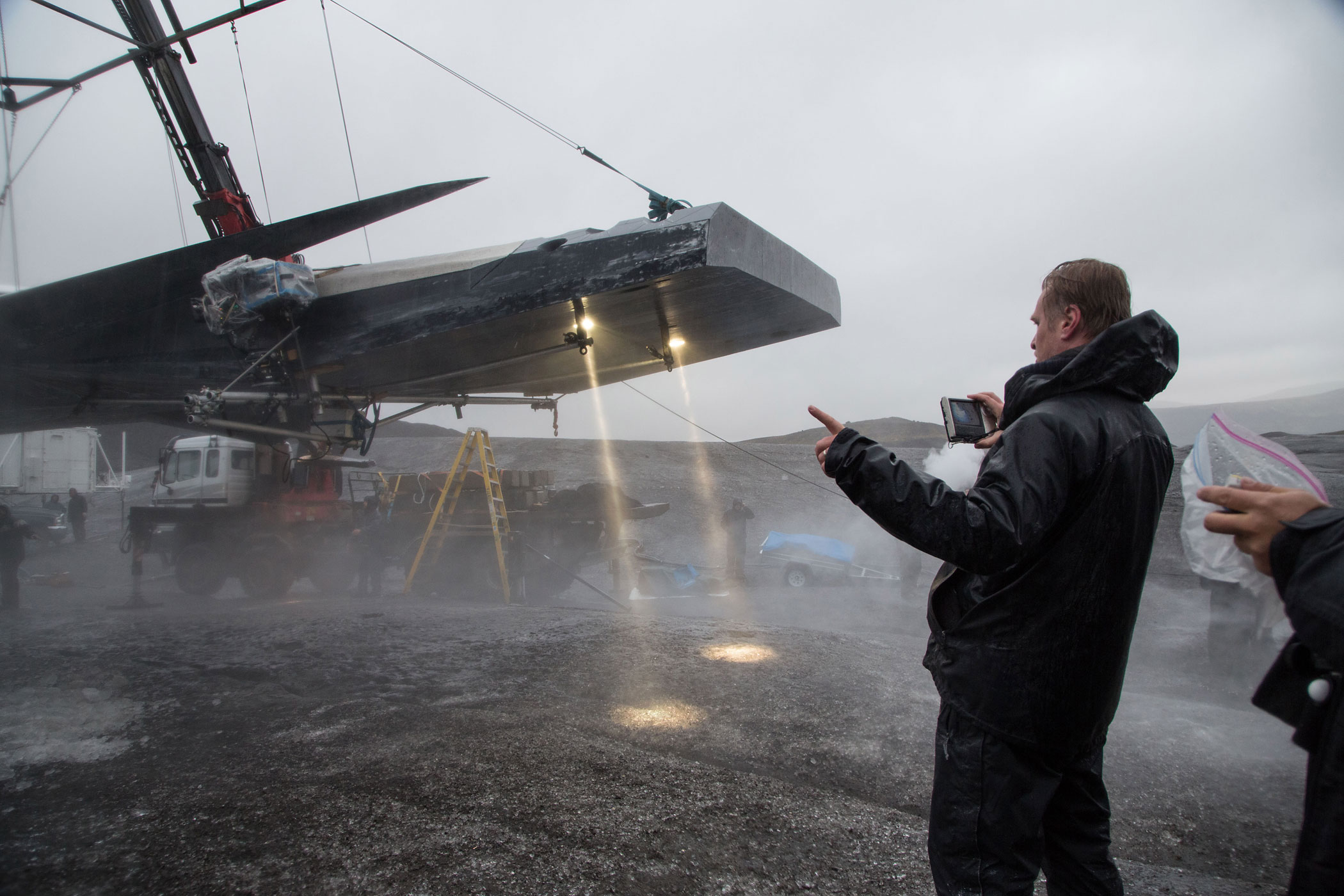
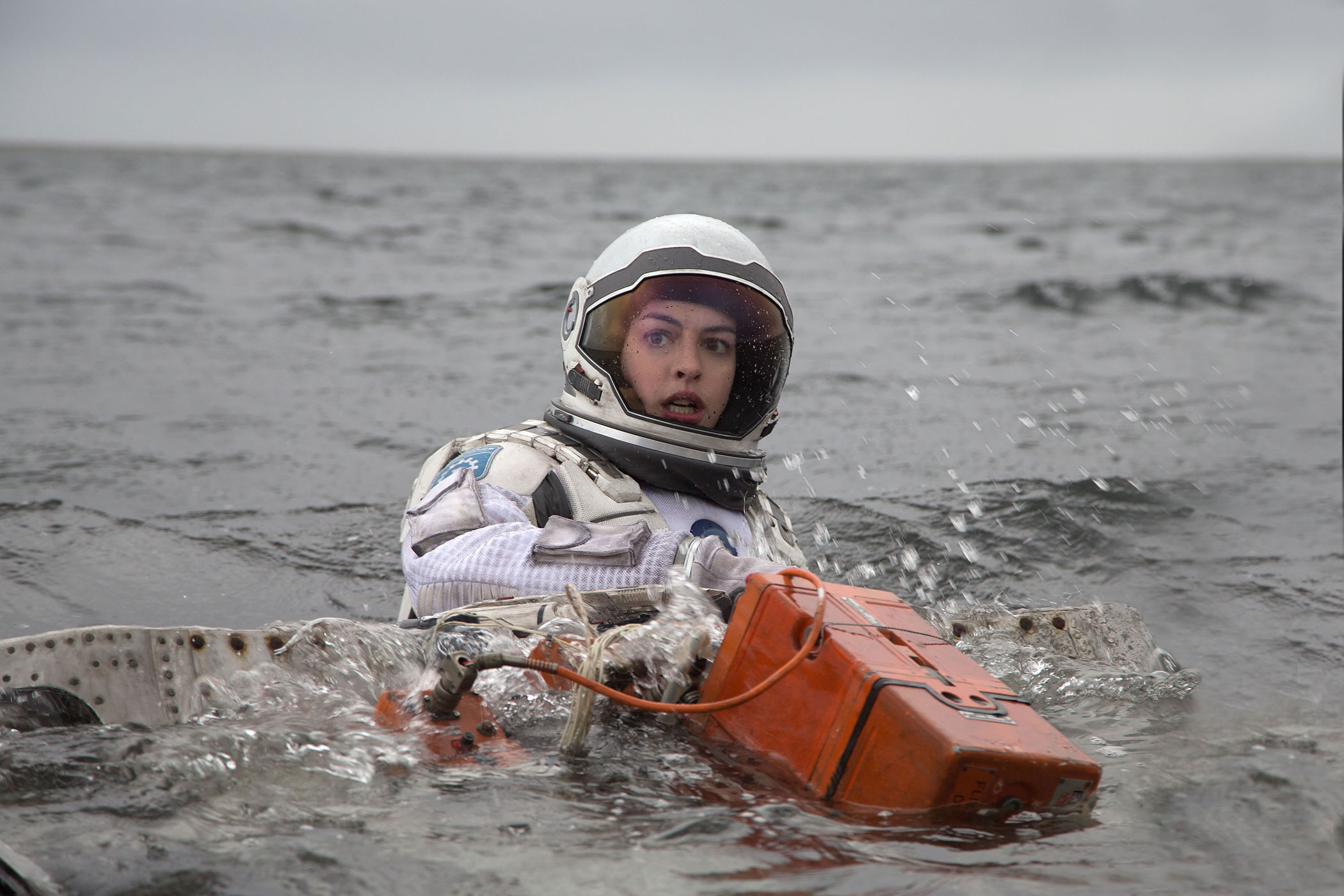
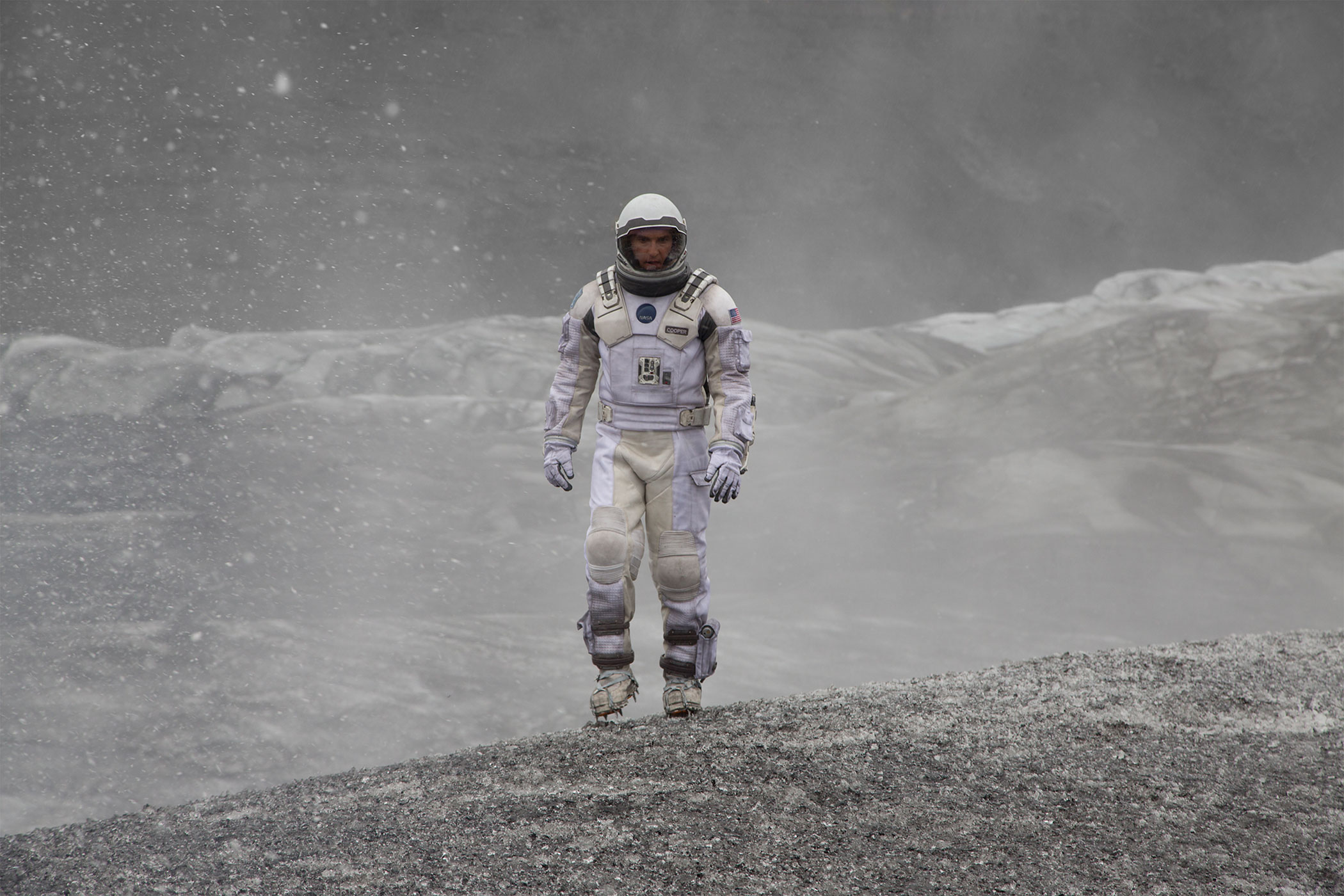
There is, as well, something significant in the timing of Interstellar—which opened in the same week as the equally science-wise The Theory of Everything, a biopic of Stephen Hawking. Both movies are thriving, but both are also being released into a culture that is increasingly awash in science denialism. We may gobble up what Hollywood offers us, but when it comes time to fund NASA or the National Academy of Sciences (NAS), or time to simply accept the truth of climate change, we turn into primitives, killing the funding we need and ignoring the dangers we face.
As I’ve written before, politicians are increasingly playing the “I’m not a scientist” card, wearing their lack of scientific credentials as both populist badge and political shield, allowing them to deny what the real scientists are telling them without actually saying so. But Tyson believes that this ruse may have run its course.
“There’s a limit to how much you can continue to deny science, and its close cousin technology, without feeling an impact on your wallet,” he says. “It’s enlightened investments in—and innovations derived from—science and technology that fuel economies. To cherry-pick science for your cultural, political or religious morés is to deny the role it’s played in enabling the wealth the country enjoys.”
And while expedience and cynicism are bipartisan scourges, there’s no denying that one party is guiltier of science denialism than the other—and, as Tyson points out in another Tweet, that party just got a whole lot stronger. There’s a certain irony in that.
“Go back 150 years or so,” he says. “That’s when Abe Lincoln established the NAS. It was meant to serve as a scientific advisory body for the betterment of the country—and it was created by a Republican. I don’t think any leader could get into trouble for saying ‘I may not be a scientist, but I’ve got advisers who are—and I’m going to listen to them.'”
Lincoln may have known nothing about the science in Interstellar or the problem of global warming, but he surely would have known enough to listen and learn. Let’s hope his 21st century heirs—of both parties—can learn to do the same.
More Must-Reads from TIME
- How the Economy is Doing in the Swing States
- Democrats Believe This Might Be An Abortion Election
- Our Guide to Voting in the 2024 Election
- Mel Robbins Will Make You Do It
- Why Vinegar Is So Good for You
- You Don’t Have to Dread the End of Daylight Saving
- The 20 Best Halloween TV Episodes of All Time
- Meet TIME's Newest Class of Next Generation Leaders
Write to Jeffrey Kluger at jeffrey.kluger@time.com